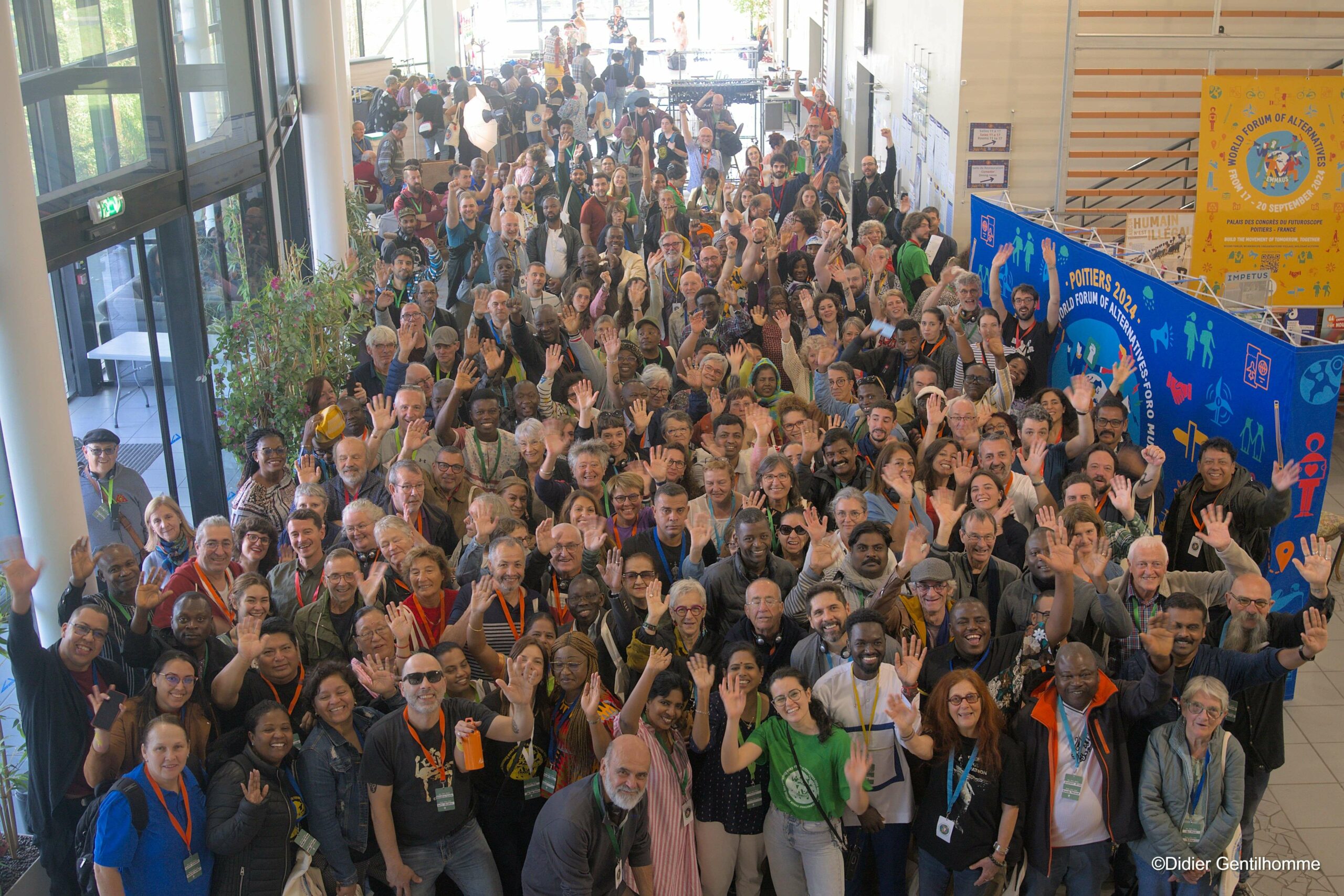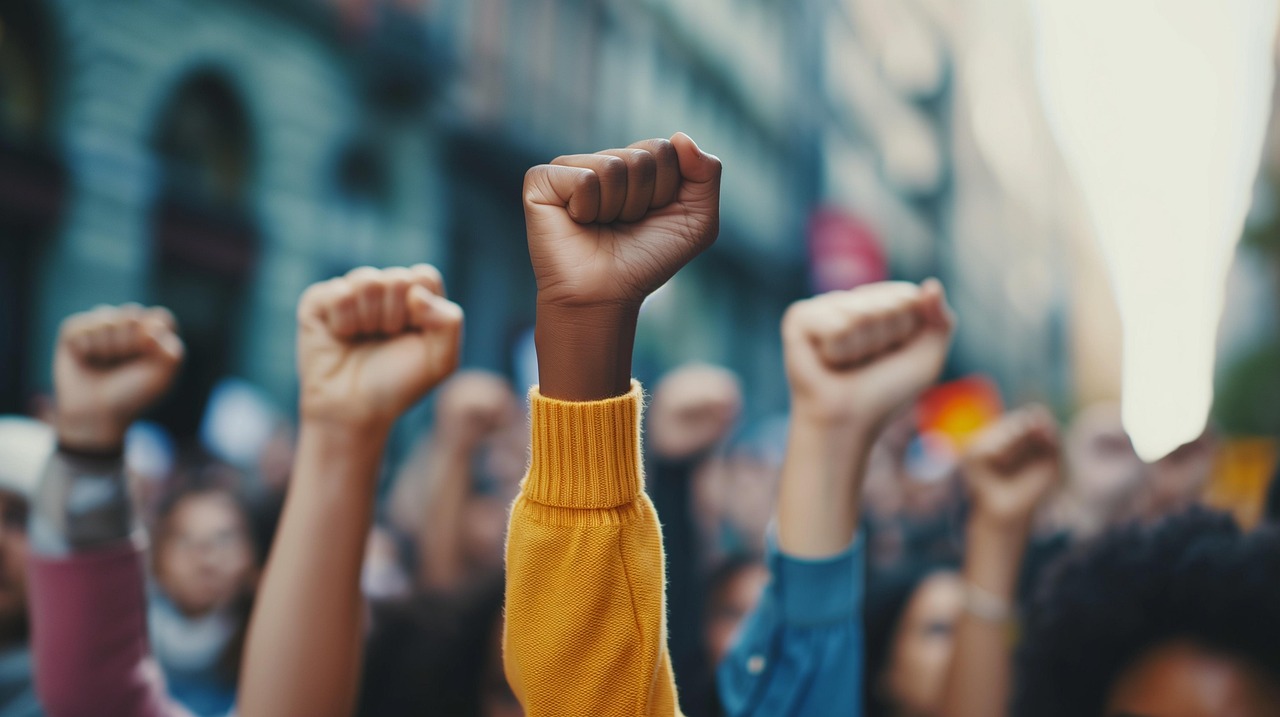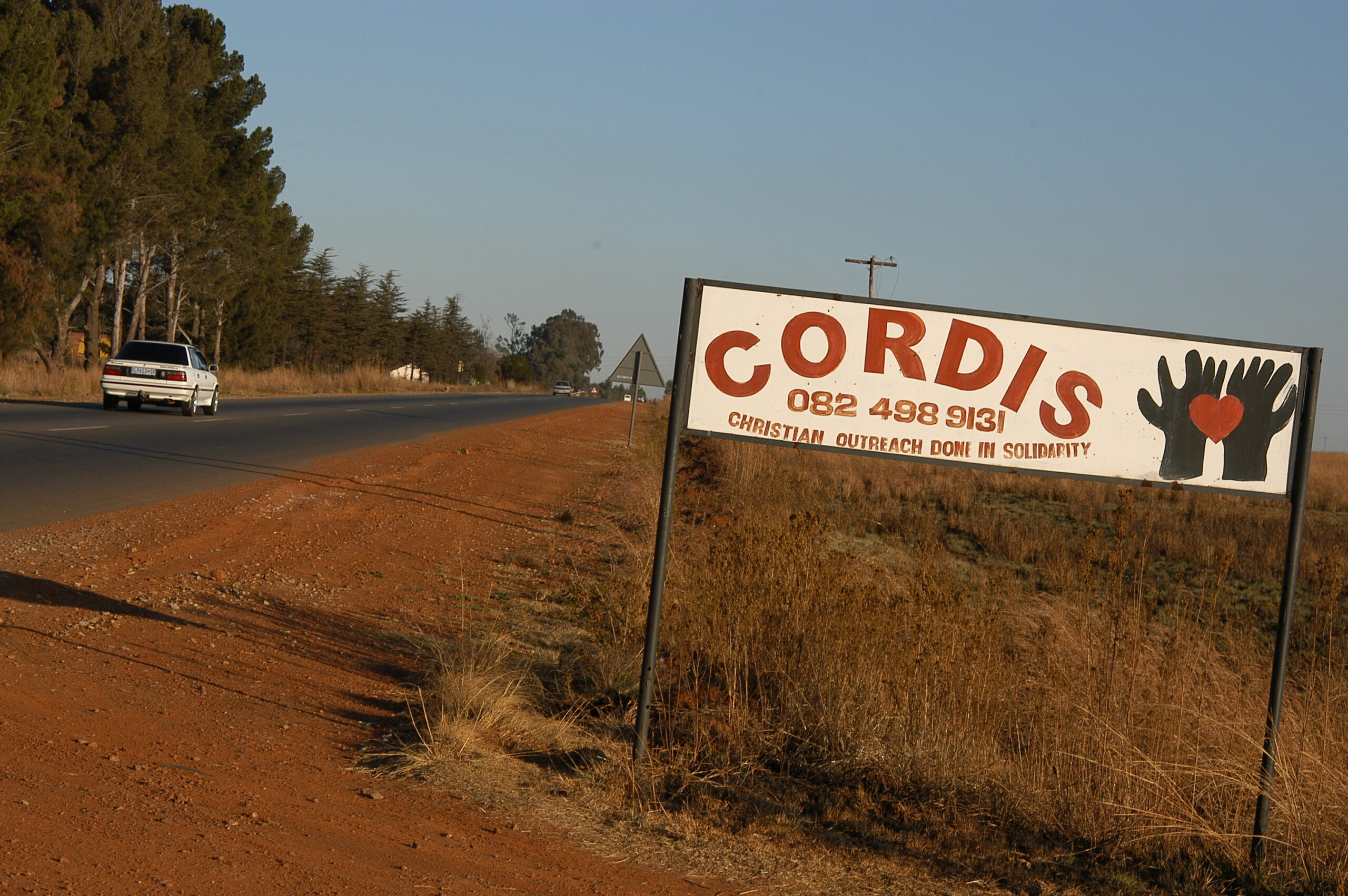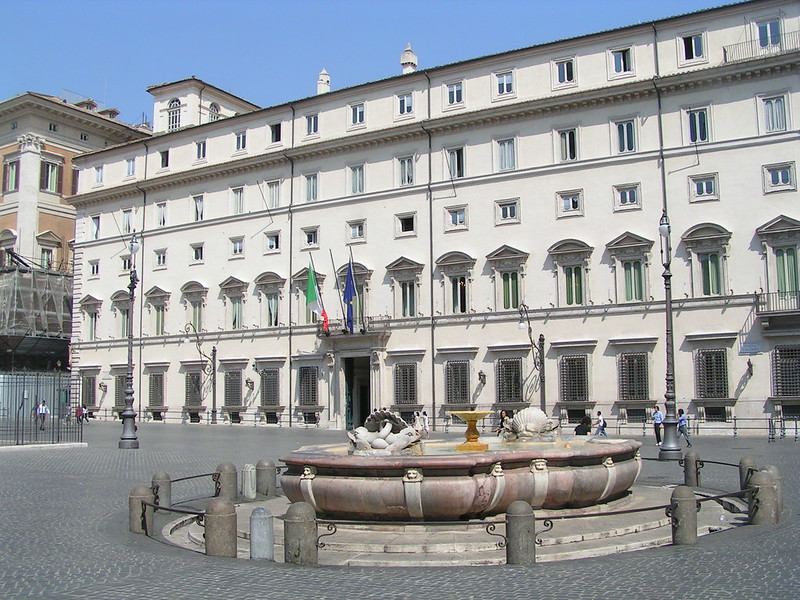WFA 2024 - A look back at 4 days of discussions between Emmaus groups in Poitiers

For four days, about 450 participants from 38 countries gathered for the 2nd World Forum of Alternatives. This important moment for the Movement allowed us to build 16 actions to be carried out in Emmaus groups around the world. In addition to the three themes central to the discussion, issues of gender, youth and the participation of the affected populations played an important role.
In a considerate and safe setting for all, participants who wished to do so were also able to have dedicated spaces to discuss the problems groups face following the revelations concerning Abbé Pierre.
The World Forum was above all an opportunity to meet and share exciting exchanges and unforgettable memories together. Before presenting the actions and follow-up of these exchanges, here is an overview, in pictures.
THE FORUM IN ACTION
During the workshops in which you actively participated, 16 concrete actions were built on the themes of education, migration, and social and climate justice.
The objective is for these actions to be carried out by all Emmaus groups in the world.
Our struggles and actions are the collective strength of our Movement, so thank you to all the participants for their active contribution!
THE ROUND TABLES
The opening day of the Forum on 17 September was rich in meetings and discoveries, particularly through the round tables, focused on the Forum’s themes or on building the world of tomorrow.
Each one allowed us to listen to international activist figures committed to defending marginalized populations and to social and climate justice, inspiring discussions during the workshops to develop the Movement’s future actions.
During the round table on social and climate Justice, our guests, Massa Koné and Jeanne Guien, tried to answer the question: Combining social and climate justice in the present and the future: what are the possibilities? How can we (better) unite to make things change? What actions should be put in place at the local, national and international levels to preserve and improve the meaning of our commitments/alternatives?
The second round table was on education and raising awareness of the issues of injustice, poverty and exclusion around the world. Our guests, Refat Sabbah and Raimunda de Oliveira Silva, highlighted the importance of education as an instrument of peace and hope. What alternative models should be proposed? How can we avoid reproducing inequalities and injustices?
How can we be united and welcoming in a world of borders? This was the central question of the last thematic round table on Migration, where our guests, Paulo Illes and Alberto Mallardo, shared their visions on migration issues. What should be the role of civil society? How can repressive migration policies be changed? How can we remain hopeful in the face of the barriers of extremes that are rising on all sides?
Finally, the round table open to the public raised the question of power and role of civil society in the building the world of tomorrow. For this exchange, in which the public could participate, Adam Dicko, Julie Pasquet, Manuela Royo and Chandni Joshi were invited. Each of them had to look back on the history of their commitment and how their journey led them to position themselves against the established patterns.
- What links should be made between education and democracy, especially among young people?
- What spaces for dialogue should exist between civil society and institutions to fight against the inequalities and injustices of which women are victims?
- How can we live commitment through art and activist joy?


